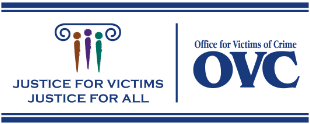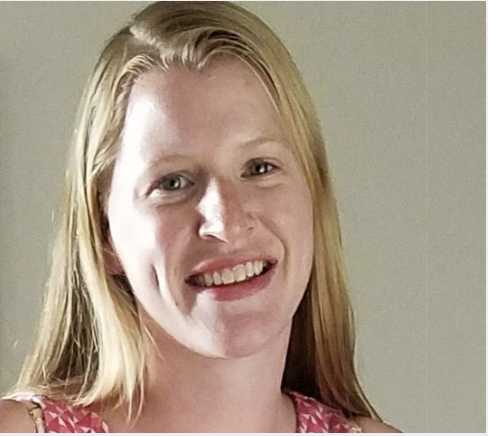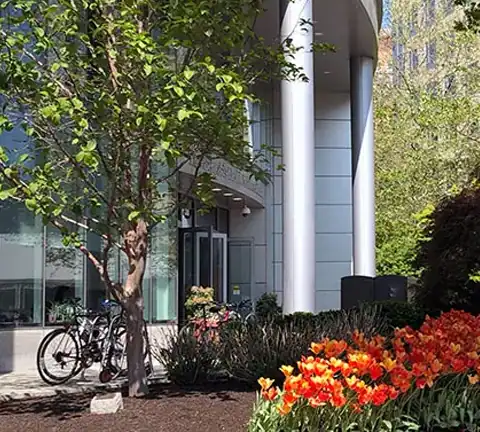
INSTITUTE OF HEALTH EQUITY AND SOCIAL JUSTICE RESEARCH
Over the past few decades, understanding of the potential negative consequences of work-related trauma exposure, or vicarious trauma, has been growing. For those working with trauma victims and survivors, the focus has been on promoting individual self-care strategies. More recently, the attention has been on the duty and responsibility of organizations to support employees and volunteers who are regularly exposed to the trauma of others.
The Vicarious Trauma Resource Initiative (VTRI) now has the opportunity to take this concern to another level, one that brings diverse agencies, workplaces and disciplines together, in their own communities, to strengthen their collective resilience, maintain their wellness, examine how the COVID-19 pandemic has affected workers, and improve the quality of service delivery to victims and survivors.
This initiative will select twelve of these diverse communities around the country that are seeking to build a coordinated response to vicarious trauma. They will receive training and technical assistance, and be part of a national learning collaborative, to help develop a vision and action plan that is unique to their respective communities. See the project’s website for updates and opportunities.
The Vicarious Trauma Response Initiative, funded by the Department of Justice, Office of Justice Programs, Office for Victims of Crime (OVC), provides dedicated resources, training and technical assistance to communities seeking to build interdisciplinary, cross-agency collaborations to assess and address the impact of vicarious trauma on their respective staff.
To identify class-specific facilitators and barriers to suicide prevention for each subgroup utilizing CBPR.
Guiding questions: What are subgroup perceptions of the severity of suicide problems? What are the barriers and facilitators for the development of prevention programs?
The goal of the Vicarious Trauma Response Initiative (VTRI) is to identify and develop skills and practices needed to promote healthy, comprehensive, and sustained collaborative approaches that buffer and mitigate the negative effects of vicarious trauma. The IACP and project partners, in collaboration with OVC, will review applications and select up to twelve (12) community implementation sites to be part of this groundbreaking initiative.
The International Association of Chiefs of Police (IACP) is leading this collaborative partnership of diverse organizations and individuals to implement this project. Dr. Beth Molnar and her team at Northeastern University are one of four organizations that form the VTRI’s Oversight team, as well as serving as the Lead Evaluators for the initiative. Northeastern’s evaluators will provide technical assistance to the community implementation sites on conducting electronic organizational and community partnership assessments, including the Vicarious Trauma Organizational Readiness Guide (VT-ORG) and oversee collection and analyses of data, initiative-wide.
IACP’s Virtual Listening Session on Policing and Vicarious Trauma in the Time of COVID-19. For those who were not able to attend and those who would like to share the session, please click on the recording above.
IACP’s Virtual Listening Session on Victim Advocacy, Vicarious Trauma, and the Impact of COVID-19. For those who were not able to attend and those who would like to share the session, please click on the recording above.
IACP’s Virtual Listening Session for Fire and EMS Personnel Focused on Vicarious Trauma and the Impact of COVID-19 For those who were not able to attend and those who would like to share the session, please click on the recording above.
Twelve diverse communities will be chosen to receive training and technical assistance across the U.S. The call for applications was released this week and can be found here.

International Association of Chiefs of Police,
Funded by Office for Victims of Crime/Dept of Justice

Dr. Beth E. Molnar
Principal Investigator
Northeastern University

Daphney Mirand
Project Manager
Northeastern University

Samantha Meeker
Graduate Assistant
Northeastern University

Vivian Wilt
Graduate Assistant
Northeastern University